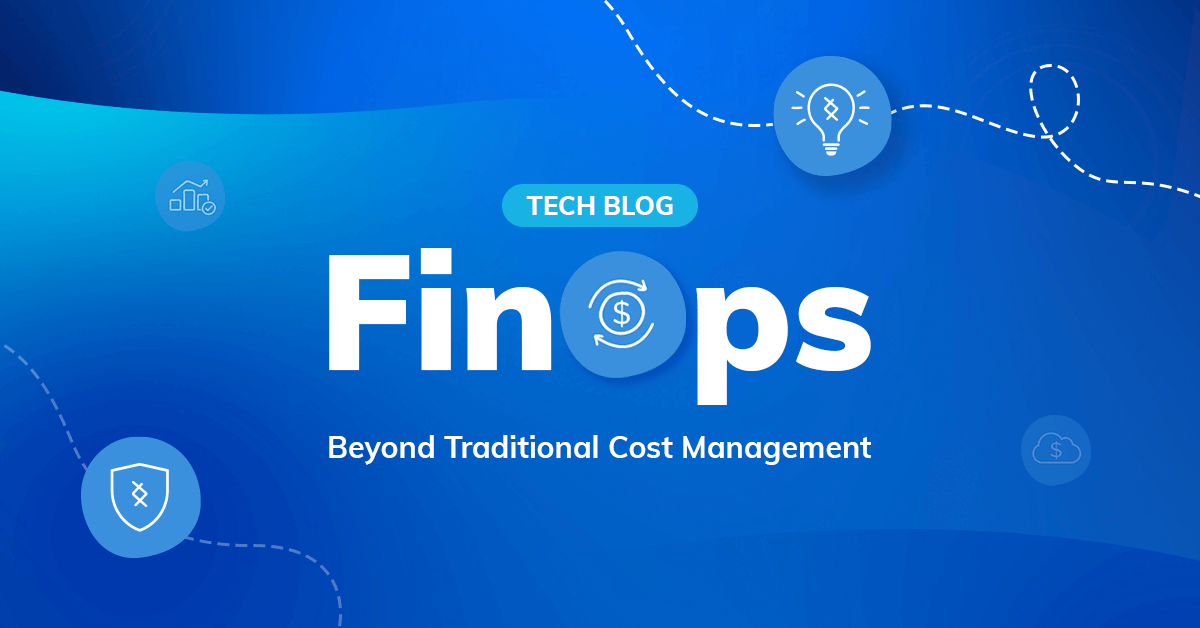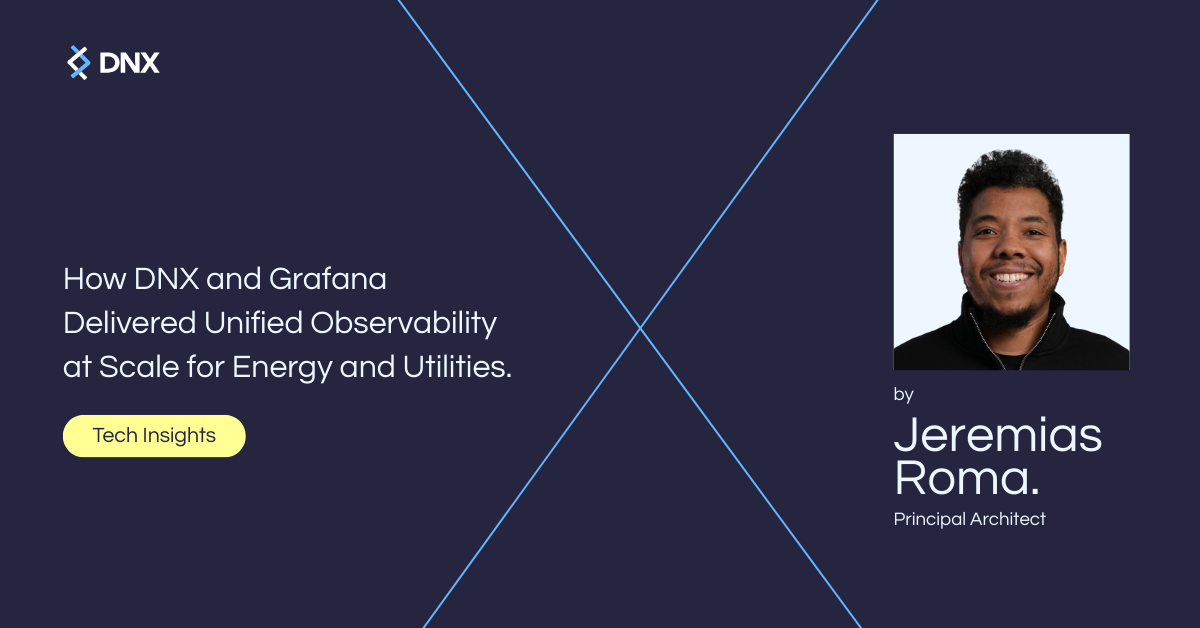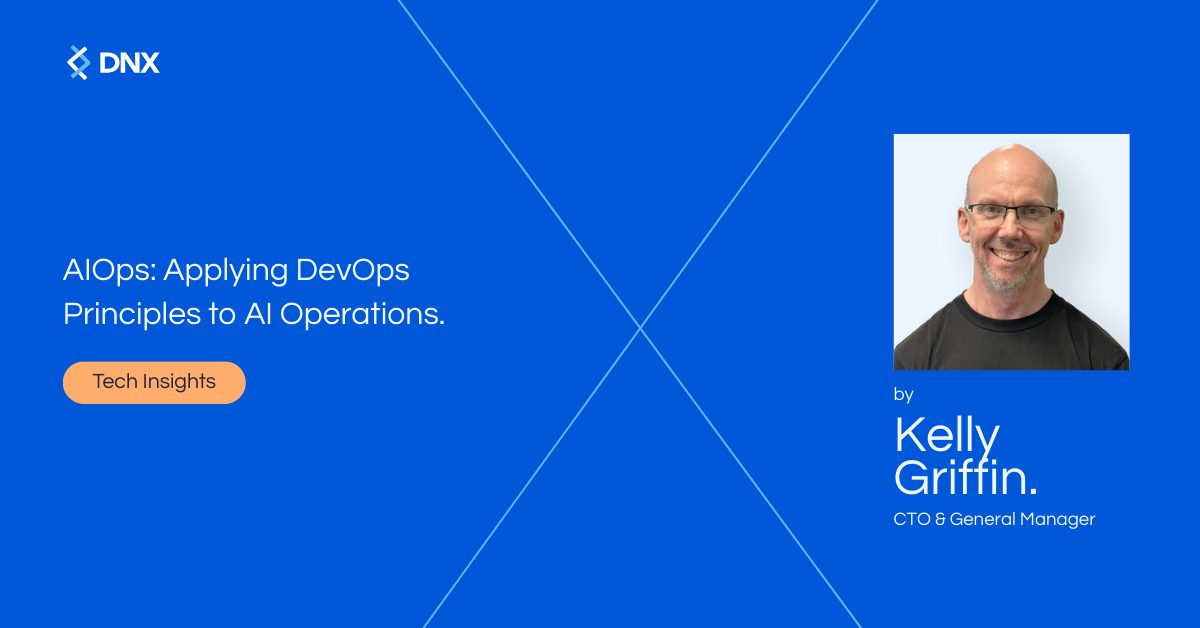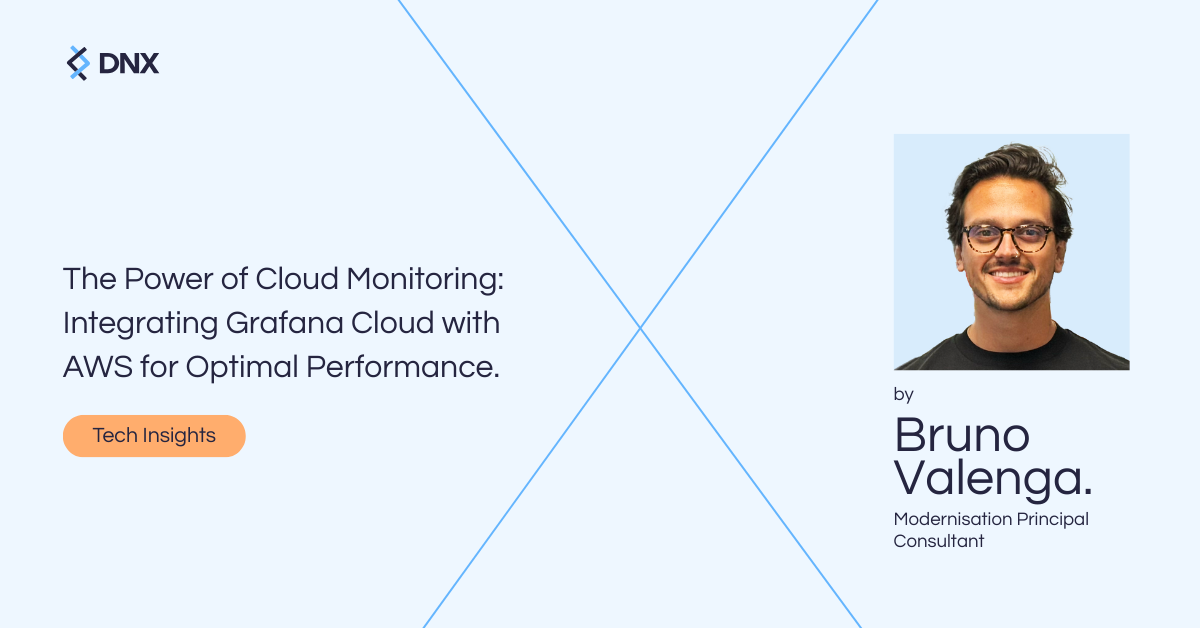When people think of what is FinOps, they often associate it solely with cost optimisation and reducing cloud expenditure, but this view only scratches the surface. FinOps is not just about slashing cloud costs; it’s about building a culture of cloud cost intelligence across an organisation. This approach aligns financial management with cloud operations, business objectives, and revenue goals more strategically.
Defining what is FinOps: More than Cost Management
The AWS FinOps Foundation defines FinOps as “an evolving cloud financial management discipline and cultural practice that enables organisations to get maximum business value by helping engineering, finance, technology, and business teams to collaborate on data-driven spending decisions.” This shows that FinOps is about collaboration, transparency, and data-driven decision-making, not just cost-cutting.
Common Challenges in FinOps: Misalignment and Impacts
- Limited Cost Visibility and Allocation: Many organisations struggle to accurately allocate costs across business units, making it hard to link spending with outcomes.
- Siloed Operations: Data engineering, finance, and business teams often work in silos, leading to misalignment and poor financial decisions.
- Inconsistent Metrics: Deciding on which metrics to use—like Total Cost of Ownership (TCO), Cost per Unit, or Cost per Customer Acquisition—can be inconsistent, leading to poor optimisation strategies.
- Missed Opportunities: Focusing too much on cutting costs can result in missed opportunities for growth or innovation, which could offer higher returns on investment.
Redefining cloud FinOps: Embracing Cloud Cost Intelligence
Rather than limiting FinOps to a framework for managing cloud costs, it should be viewed as a model for cloud cost intelligence. This approach emphasises understanding how cloud investments support key business enablers, especially in SaaS organisations. For example:
- Customer Acquisition Cost (CAC): Understanding how cloud resources impact CAC and what investments drive lower CAC can help optimise both cost and growth.
- Net Dollar Retention (NDR): Linking cloud spend with customer retention metrics allows organisations to make smarter investment decisions that drive long-term revenue.
- Cost of Goods Sold (COGS): FinOps can provide transparency in understanding how cloud expenses directly contribute to the delivery of services and overall profit margins.
Making cloud FinOps Work Across the Business
To implement effective cloud FinOps, organisations need to integrate it across all business functions:
- Cross-Functional Collaboration: Encourage regular communication between finance, operations, and engineering to ensure alignment on cloud strategies.
- Clear Metrics and KPIs: Define and track the right metrics, such as unit economics, cloud cost per customer, and usage efficiency, to measure cloud value rather than just expenses.
- Automated Reporting and Dashboards: Use tools and dashboards that offer real-time visibility into cloud spend, linked to key business outcomes, enabling more informed decision-making.
- Cultural Shift: Make cloud cost discussions a part of every strategic decision, from new product launches to customer expansion efforts.
Conclusion: The Value and Future of cloud FinOps
Adopting a cloud cost intelligence approach goes beyond cost savings. Organisations can align cloud investments directly with revenue goals, improve customer lifetime value, and optimise for growth. The future of FinOps lies in its potential to bridge finance and cloud operations, enabling more strategic business outcomes by aligning costs with revenue drivers.
As companies shift from traditional cost-cutting to a broader, revenue-focused strategy, they will be better positioned to leverage cloud investments for sustainable growth. True FinOps is about maximising value, not just minimising costs.
Ready to Align Spending with Your Cloud Strategy?
Partner with DNX Solutions to unlock the full potential of FinOps. Let’s work together to align your cloud investments with business goals, ensuring smarter spending and sustainable growth. Get in touch with us today to see how FinOps can drive value in your organisation.




